Nissan suffers huge losses, shareholders criticize new CEO
At the recent annual shareholders' meeting, Mr. Ivan Espinosa - Nissan's new CEO - faced a series of harsh questions from shareholders who were dissatisfied with the company's loss-making business results.
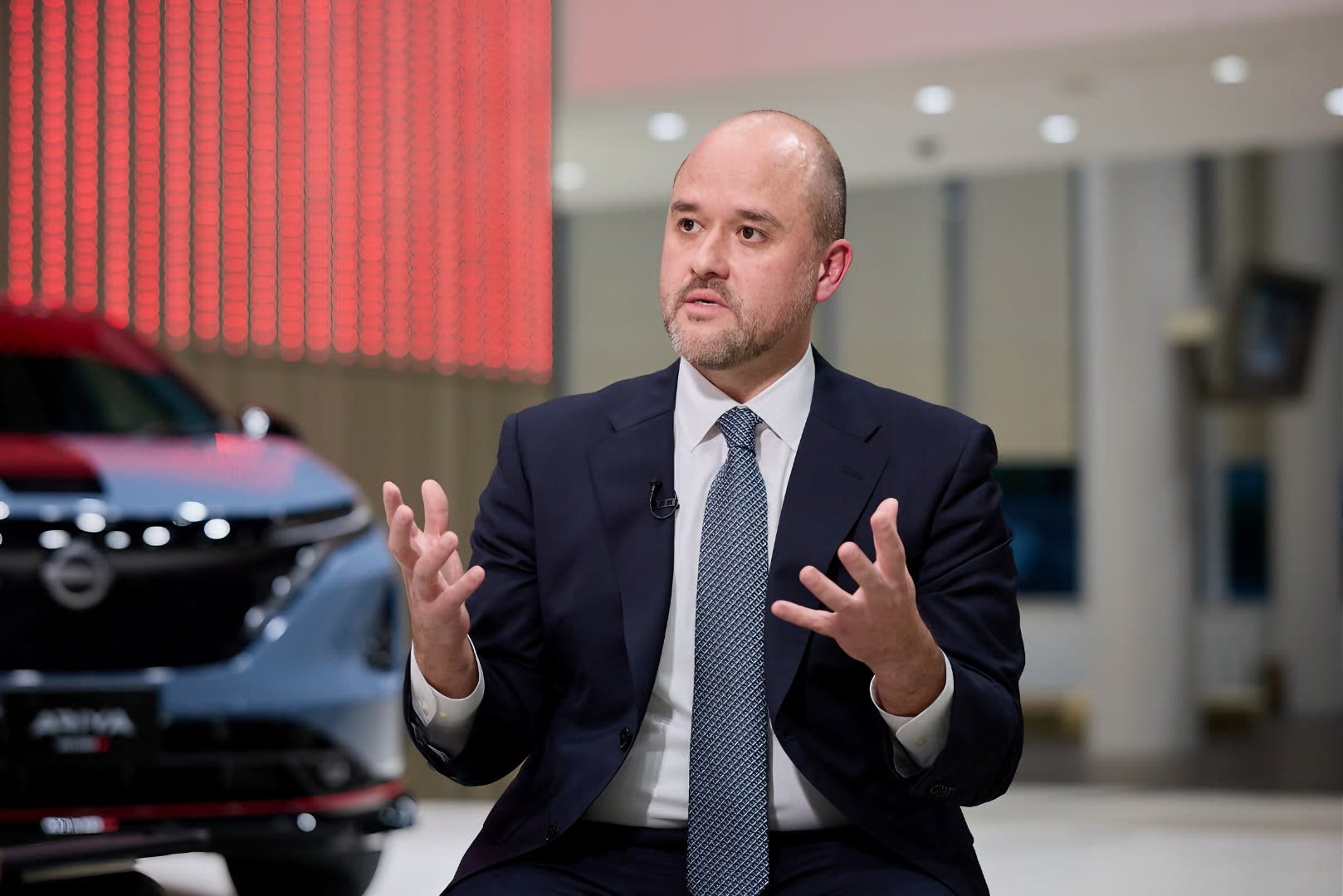
Specifically, Nissan reported a loss of 671 trillion yen (equivalent to 4.6 billion USD) in the 2024-2025 fiscal year and predicted a further loss of 200 trillion yen in the first quarter of 2025-2026.
Shareholders also reacted angrily when it was learned that the old management, including former CEO Makoto Uchida, received 646 million yen ($4.3 million) in exit compensation, despite dismal business results.
Some shareholders have also objected to Espinosa’s proposed “Re:Nissan” restructuring plan, which includes cutting 20,000 jobs and closing seven factories. However, the new CEO calmly pledged to return the company to profitability by the 2026-2027 fiscal year and asserted that Nissan has 2.1 trillion yen (nearly $14.5 billion) in unused credit.
Toyota wants Japanese dealers to sell American cars
Faced with the impact of high import taxes, Toyota suddenly proposed to support American car manufacturers such as Ford to distribute products in Japan through Toyota's own dealer network.
This solution was proposed by Mr. Hiroki Nakajima - Toyota's Chief Technology Officer - in a meeting with the company's President, Mr. Akio Toyoda, and Japanese Prime Minister Shigeru Ishiba in May 2025.
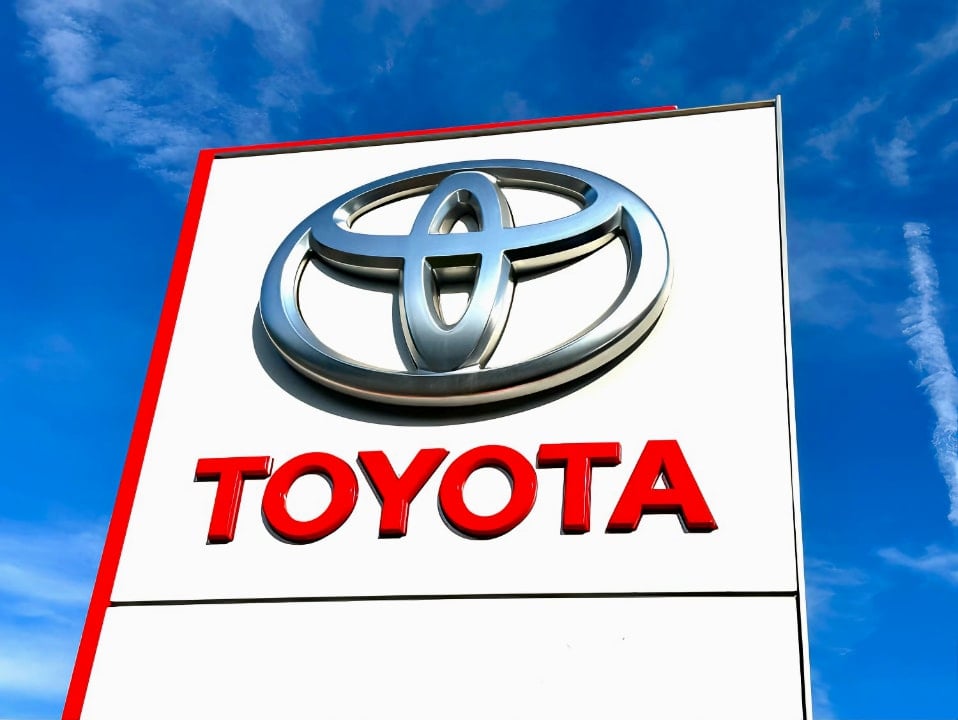
Toyota hopes that doing so will help reduce the U.S.-Japan trade deficit and could persuade the Trump administration to lift or ease tariffs that are causing car prices to skyrocket. Another option is for Japanese companies to manufacture cars in the U.S. and then export them back to Japan.
Similarly, Mr. Ola Källenius - CEO of Mercedes - also proposed the idea of allowing the US and the European Union (EU) to import cars "reciprocally tax-free" to balance trade.
Hertz uses AI to scan cars, customers worry about transparency
Car rental company Hertz is currently deploying artificial intelligence (AI) vehicle inspection technology, in partnership with the Israeli company UVeye. The system allows cars to be scanned upon pick-up and drop-off, detecting defects such as paint scratches and worn tires without the need for manual inspection by staff.
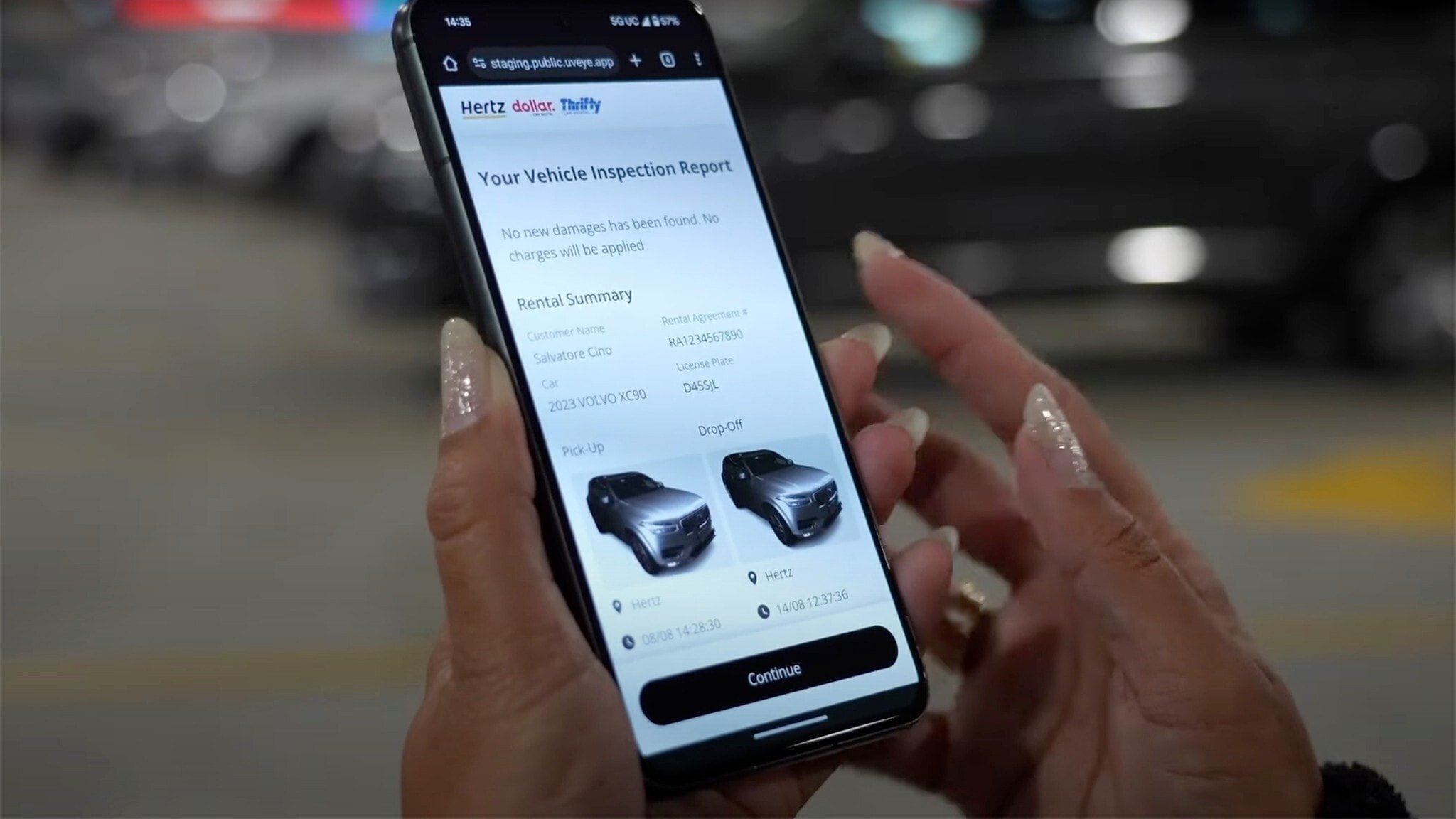
However, not all customers are satisfied. One case at Atlanta airport (USA) was charged up to 440 USD for just a small scratch on the wheel. This fee includes administrative costs and handling of damage.
The customer also had difficulty reaching Hertz’s support center, as the chatbot did not allow for live chat with a human agent, raising concerns about transparency, the right to feedback, and the fairness of AI technology in the property appraisal process.
Source: https://baonghean.vn/bien-dong-toan-cau-khien-nissan-thua-lo-toyota-dua-de-xuat-moi-10300733.html




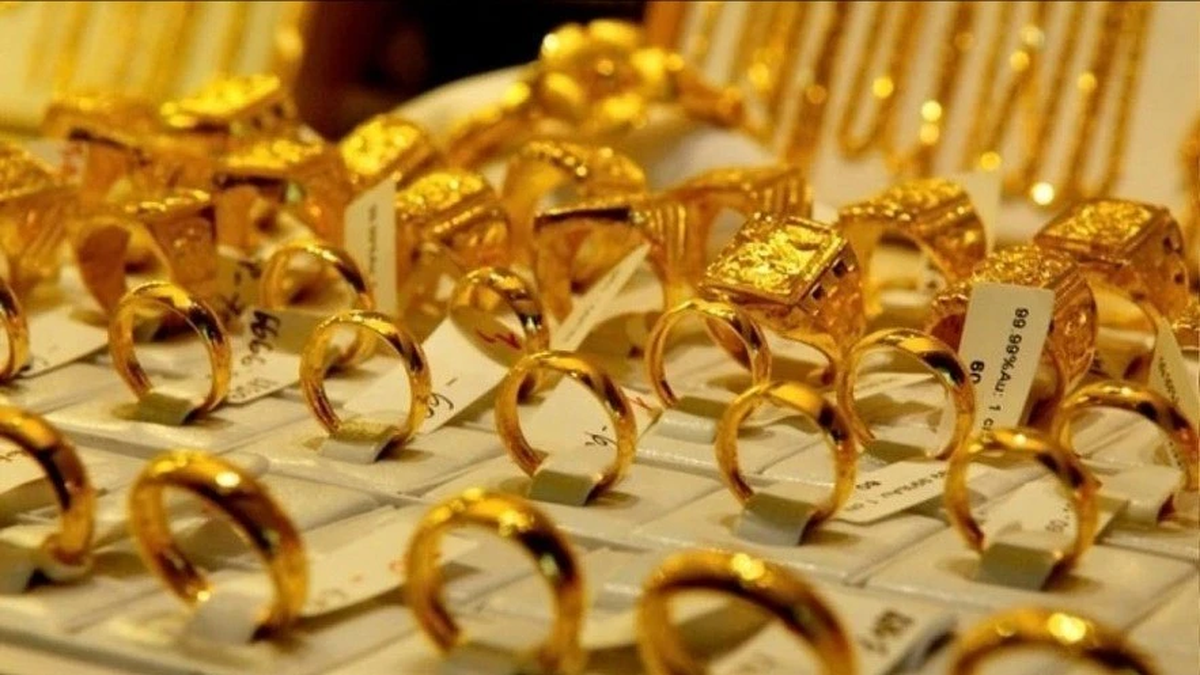
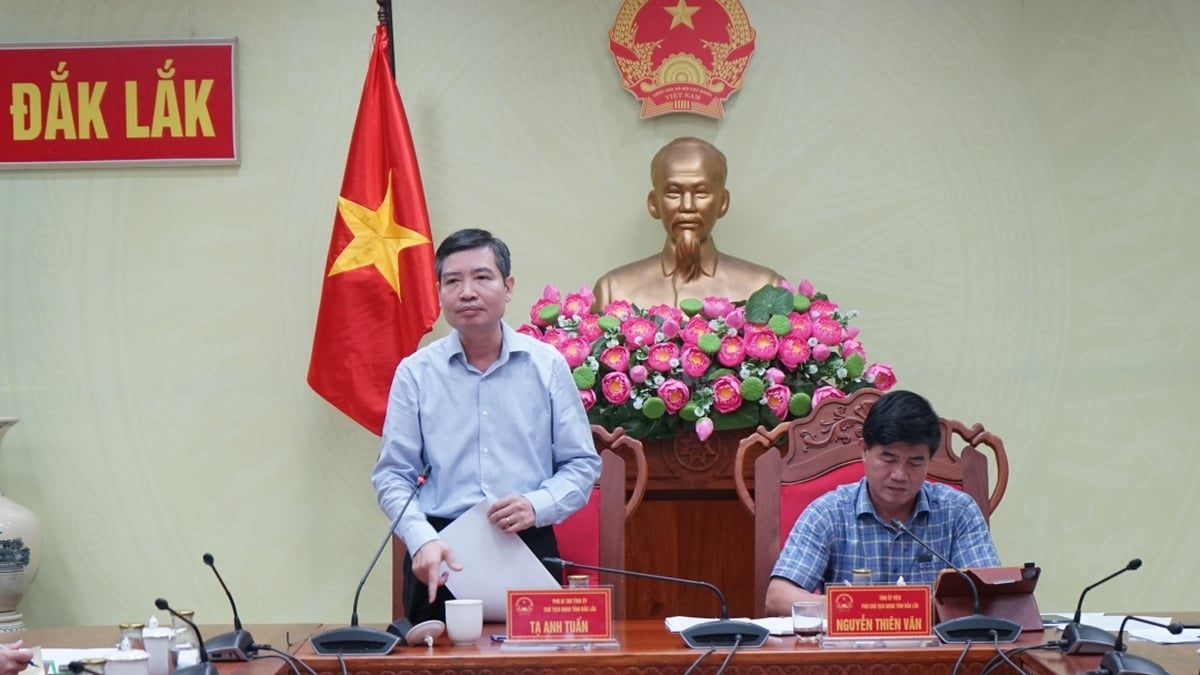

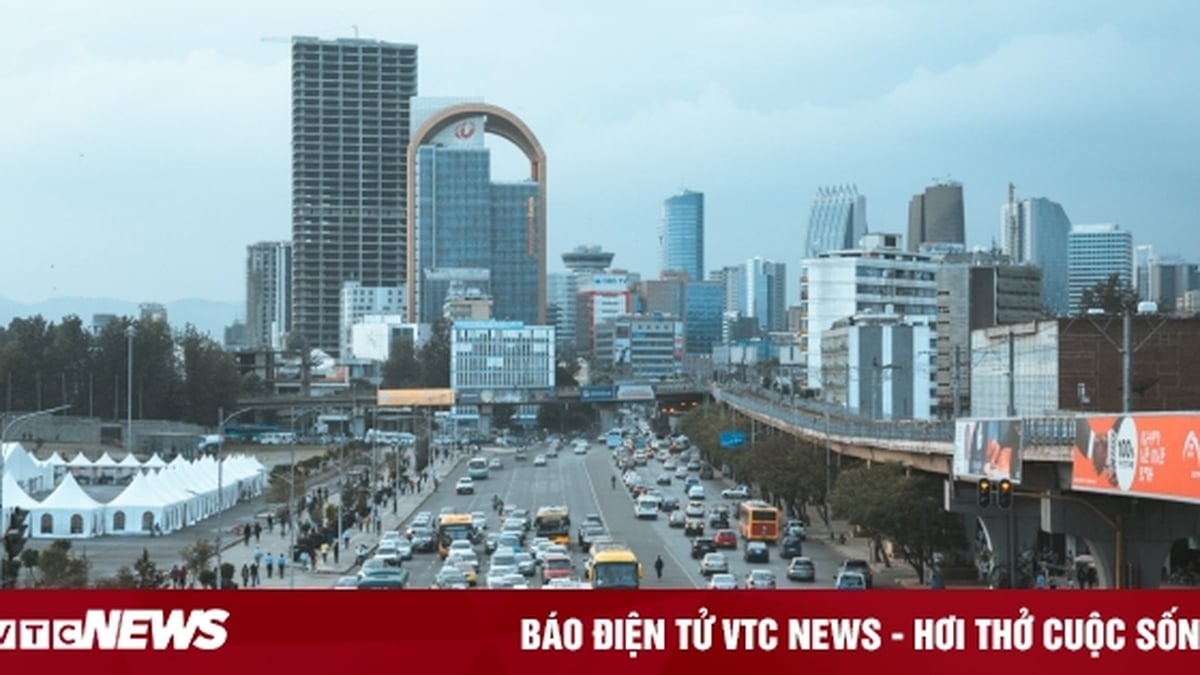
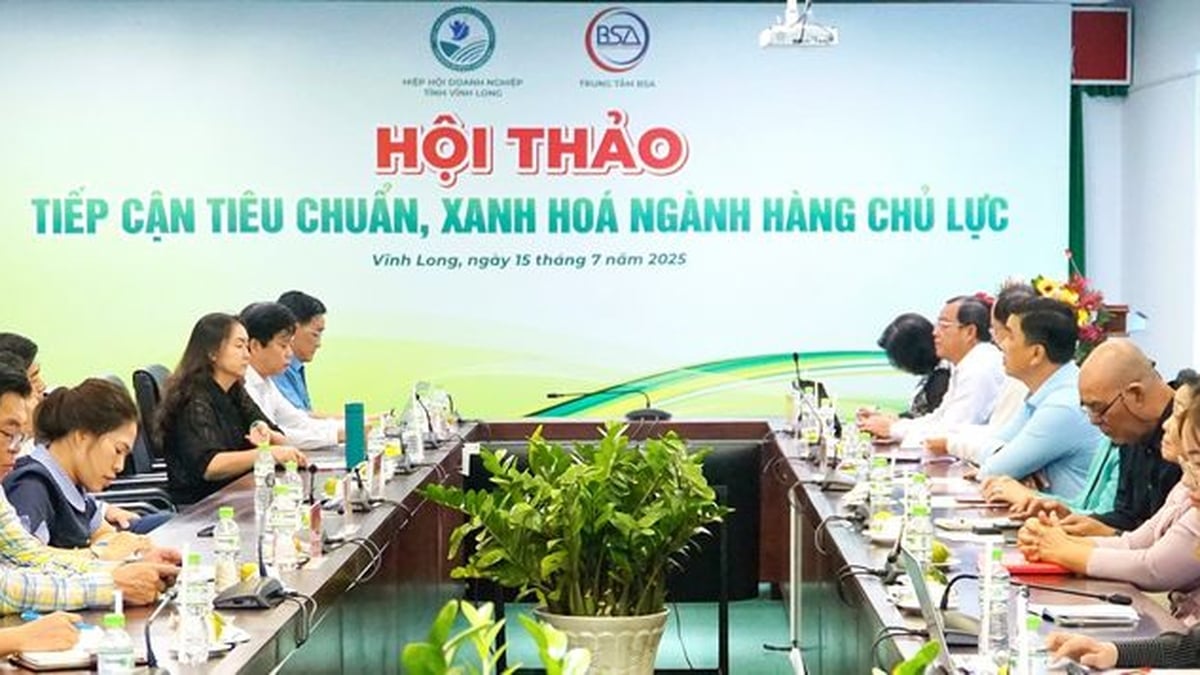
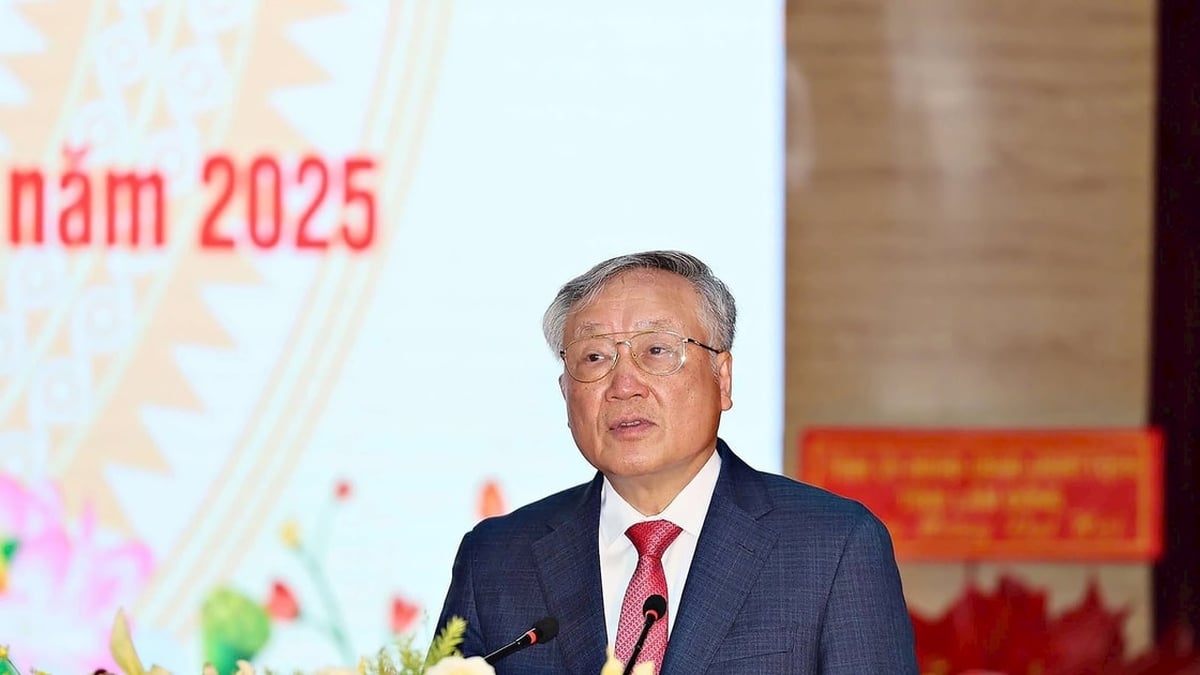
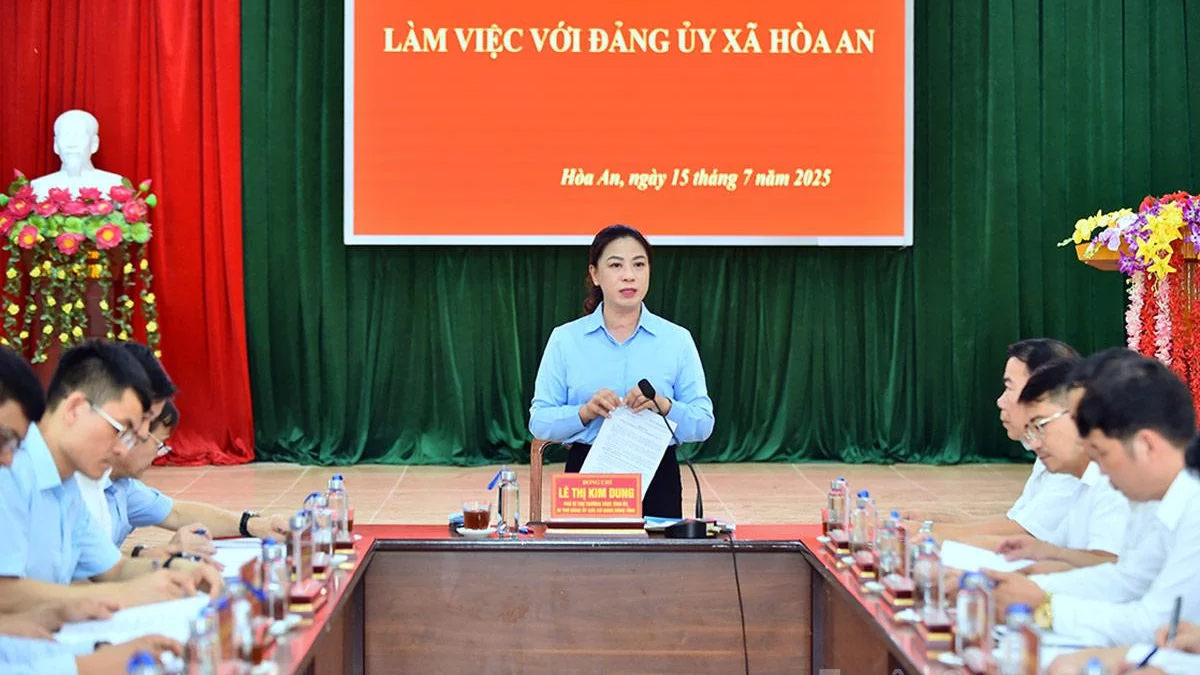
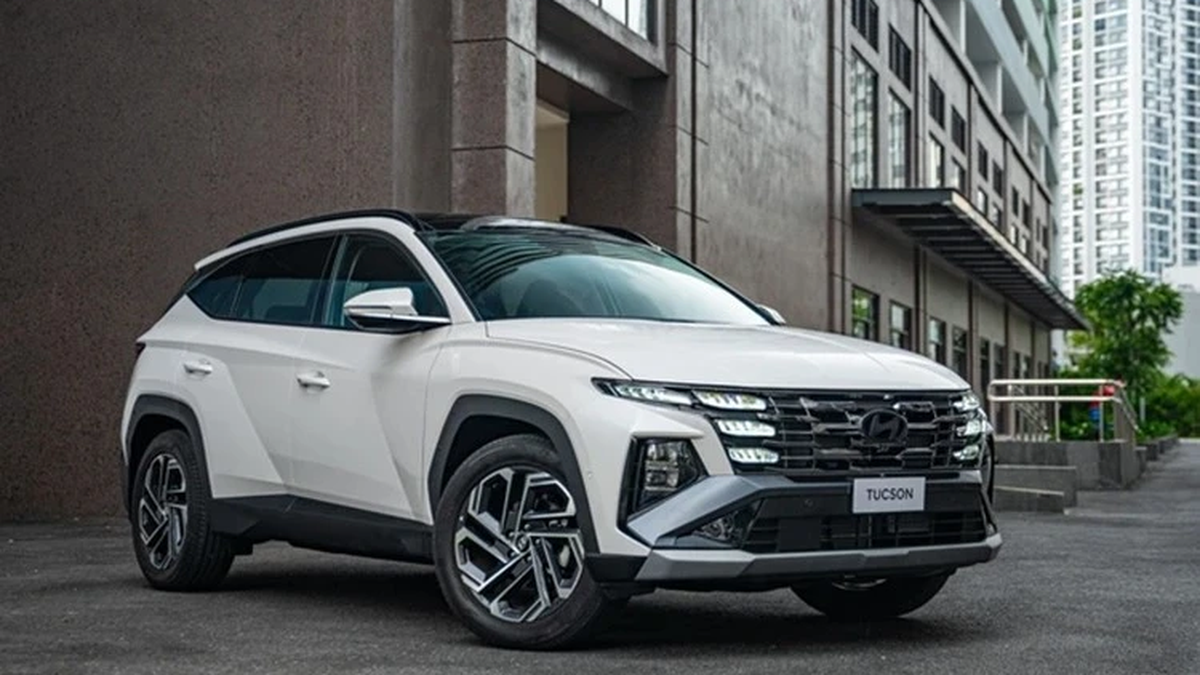







































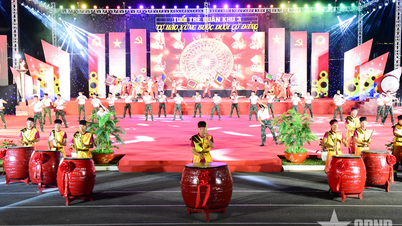



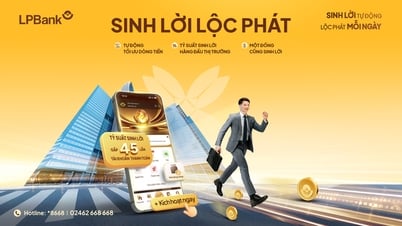

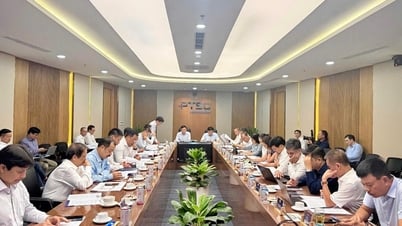

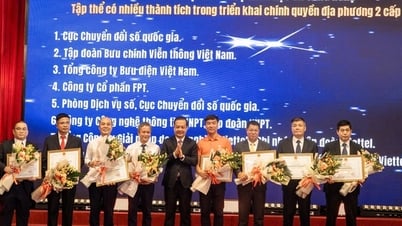

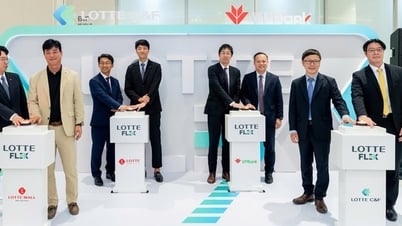








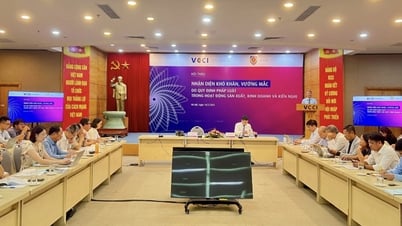






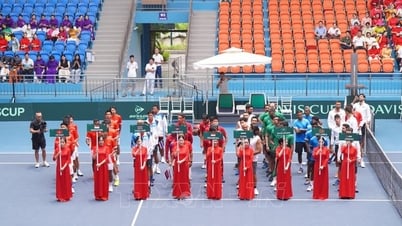

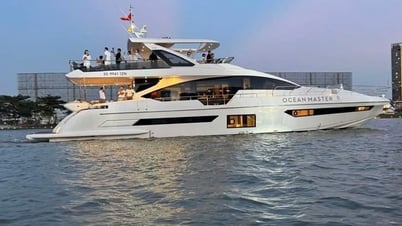
























Comment (0)